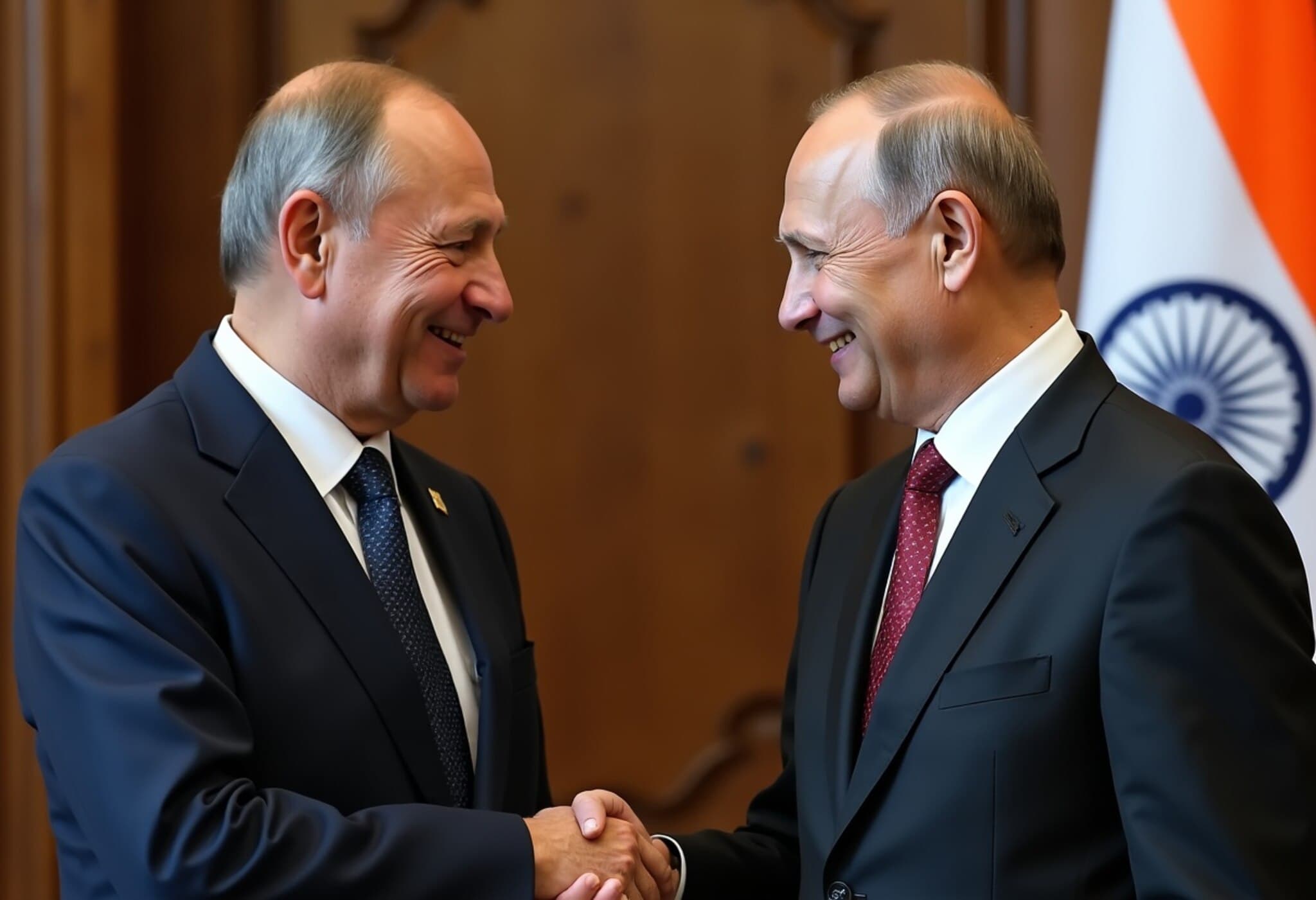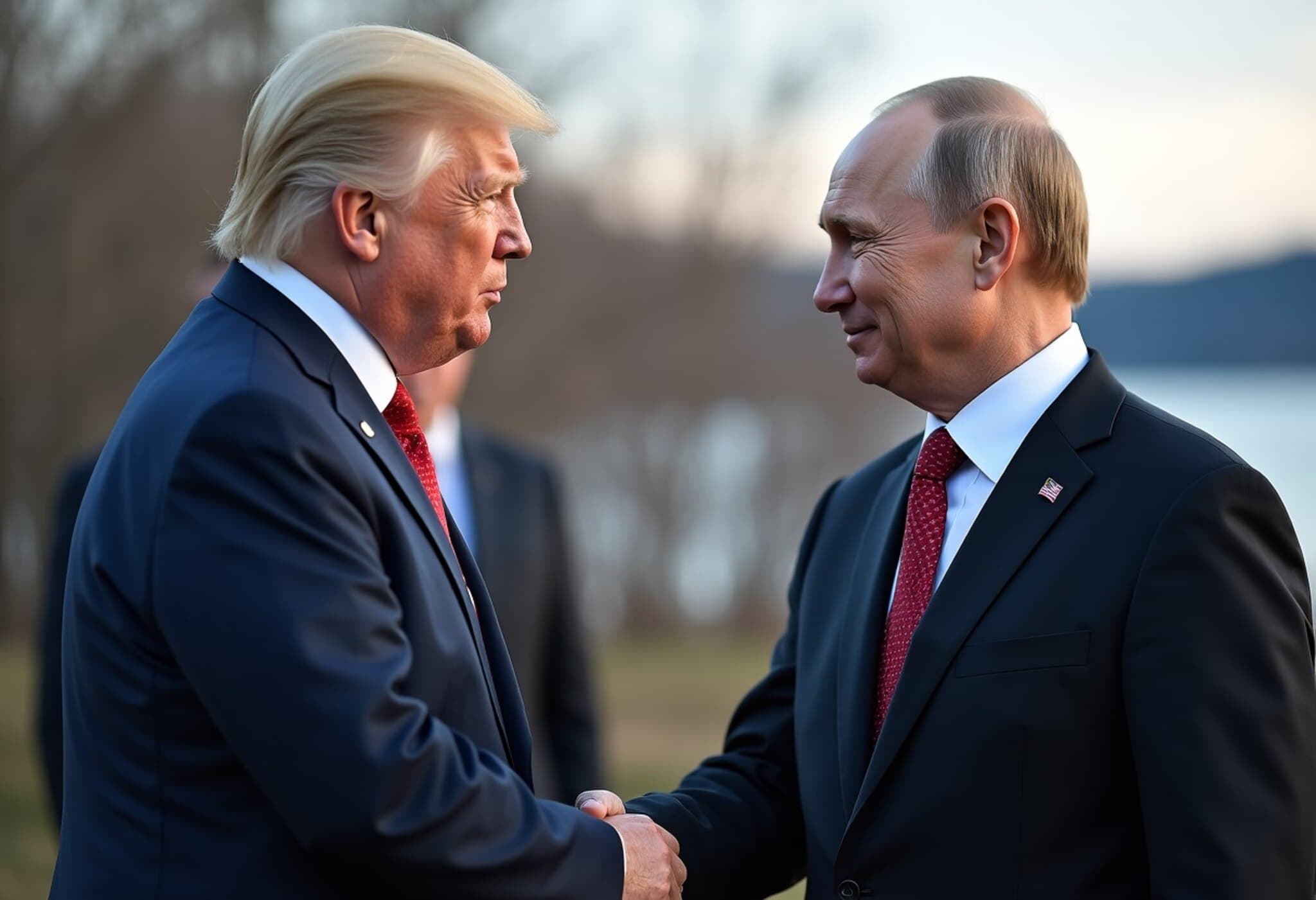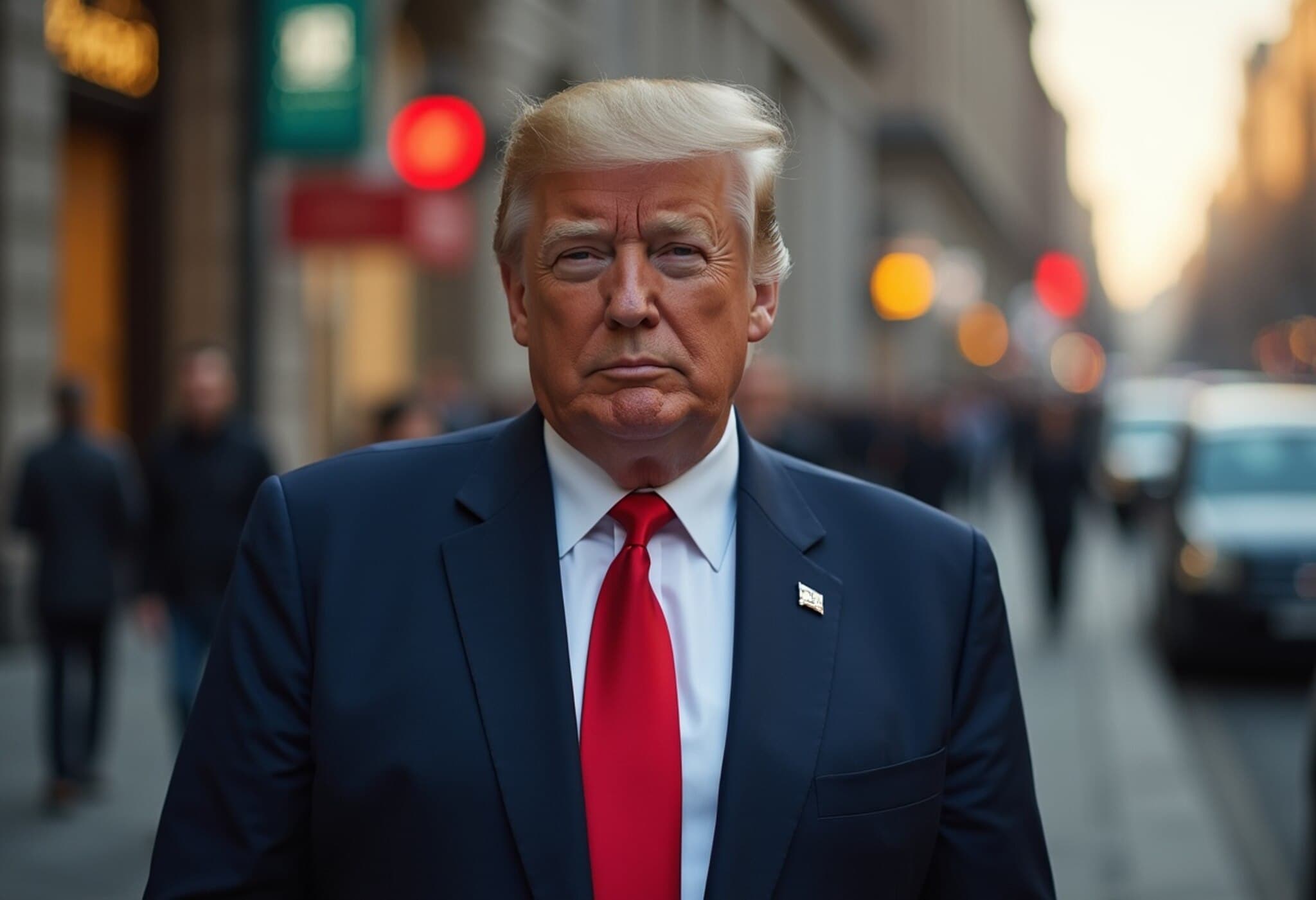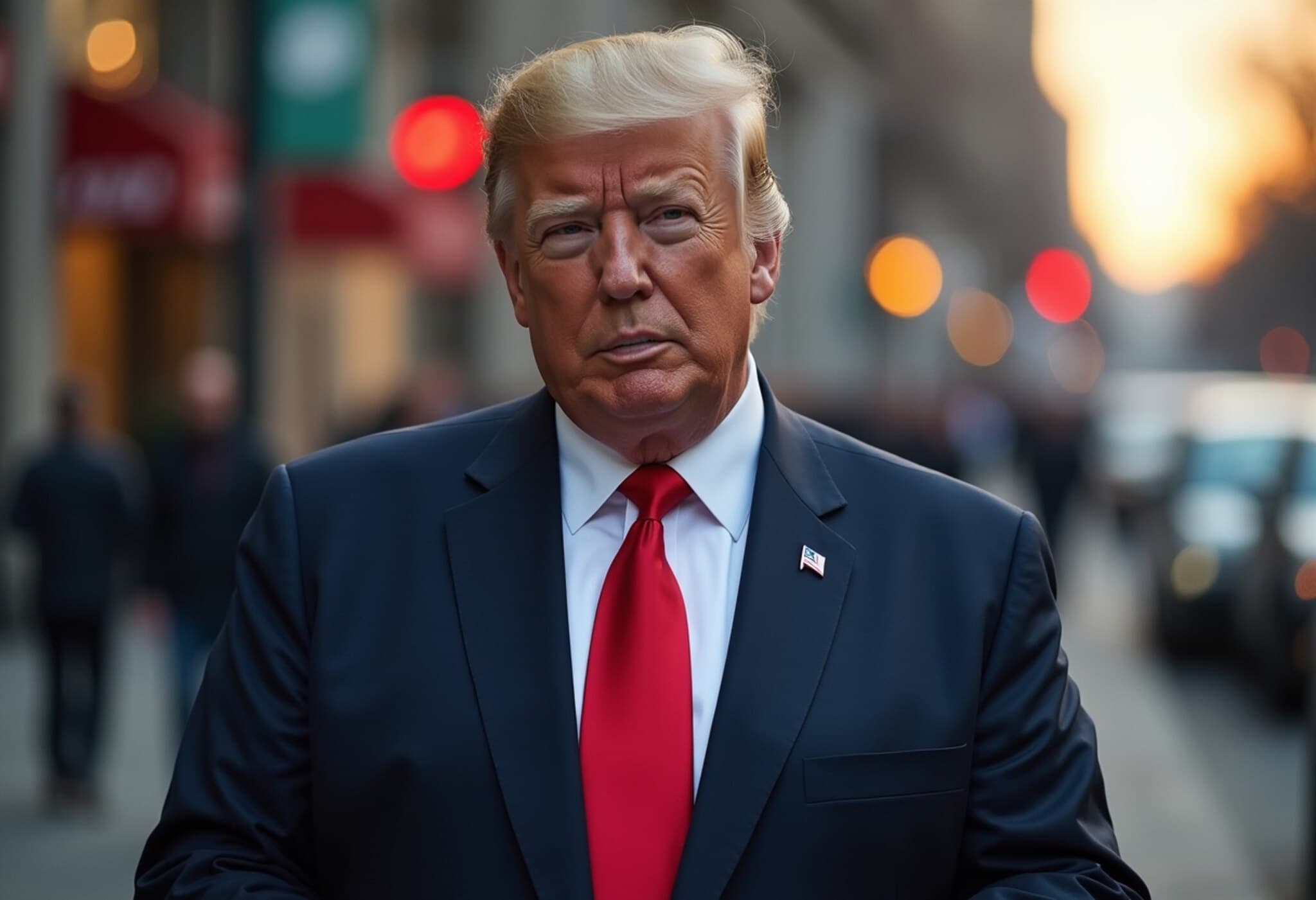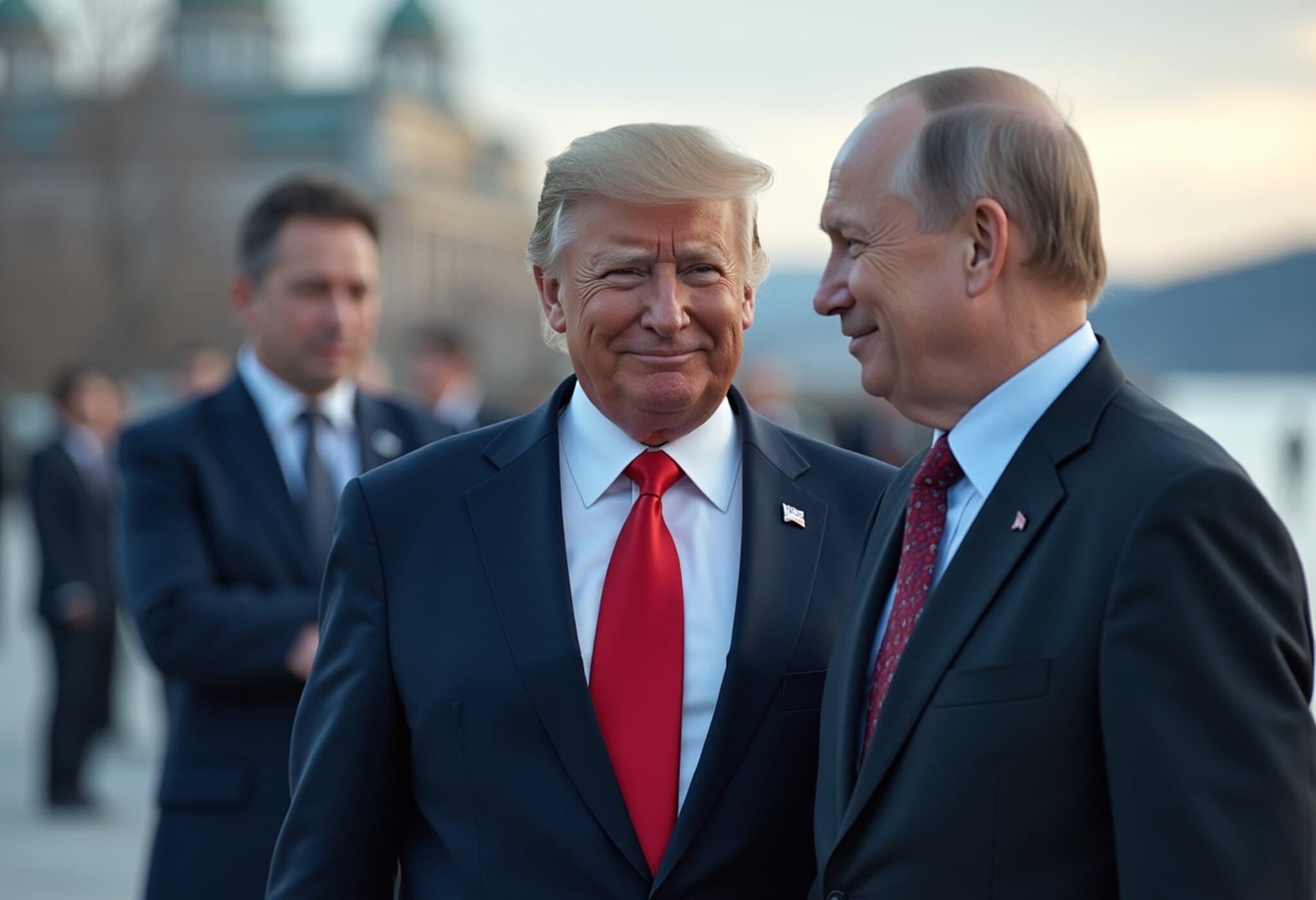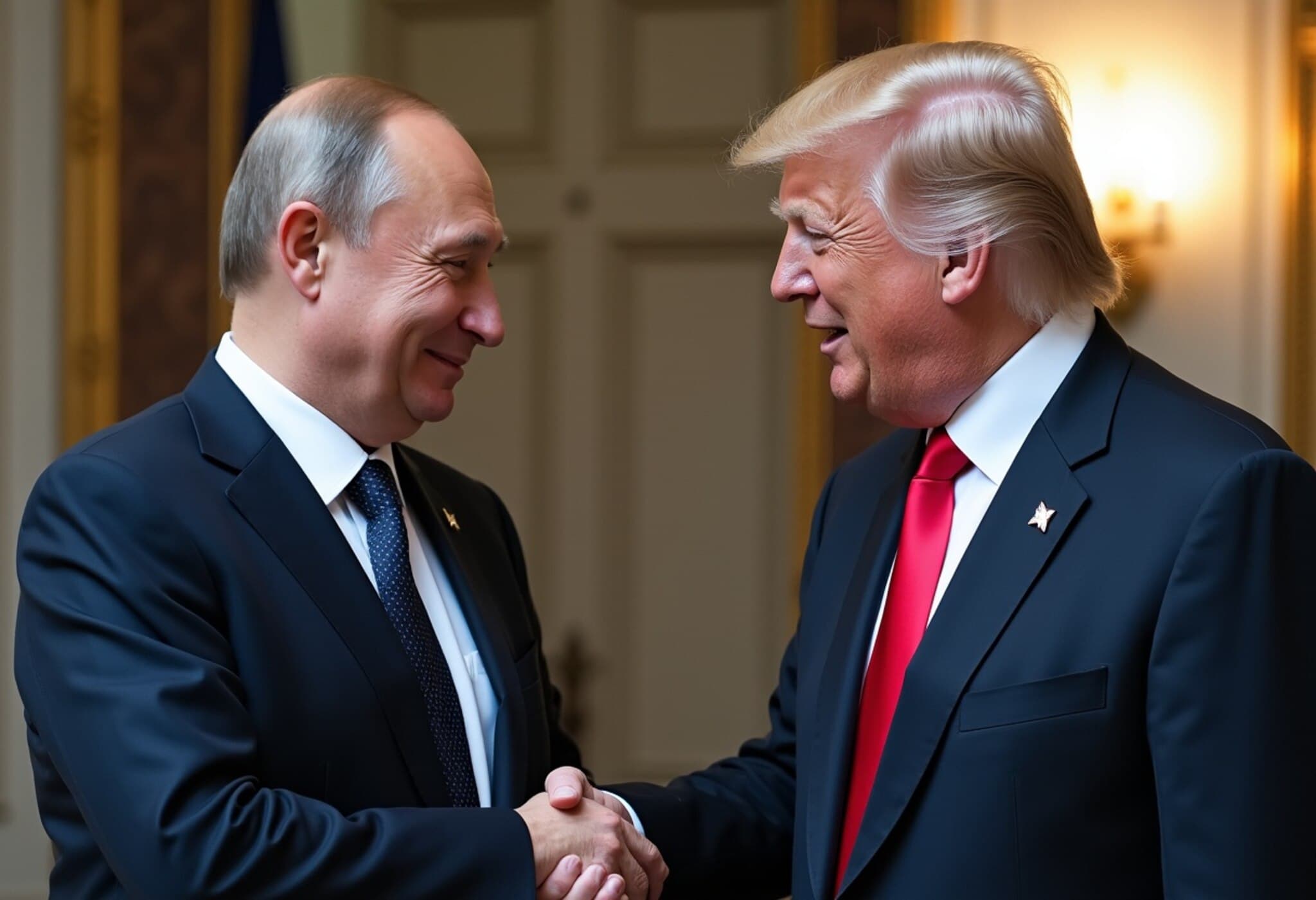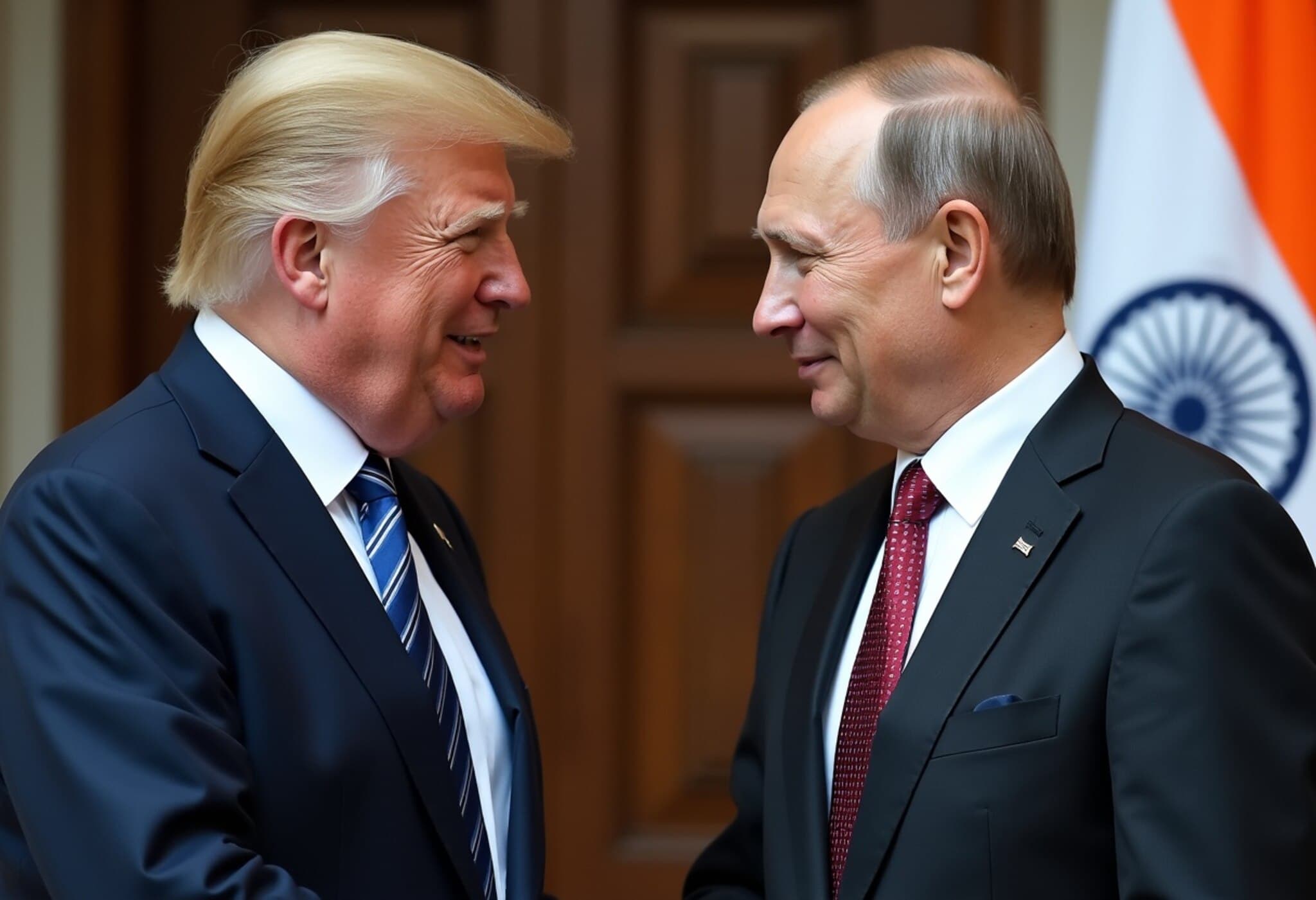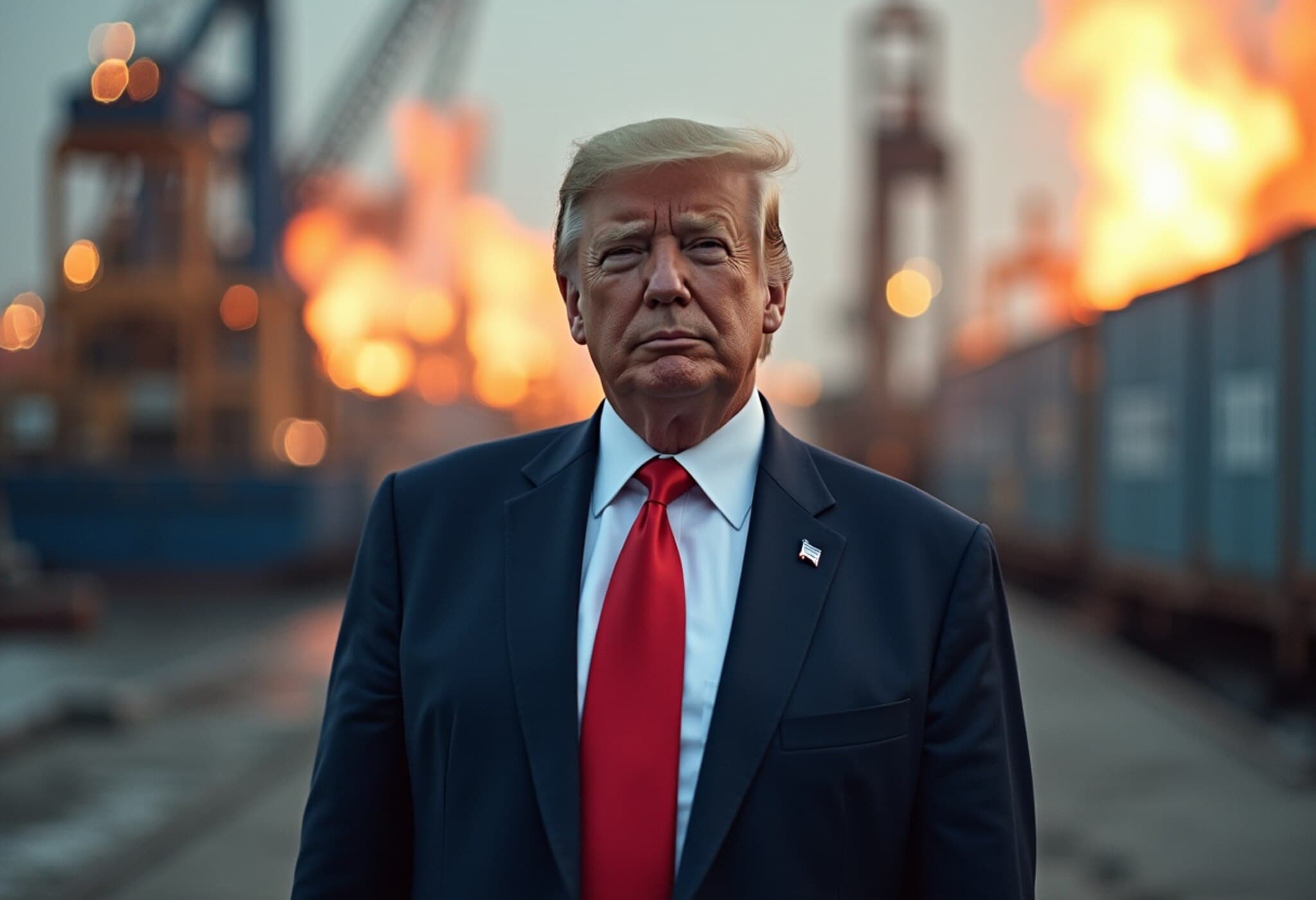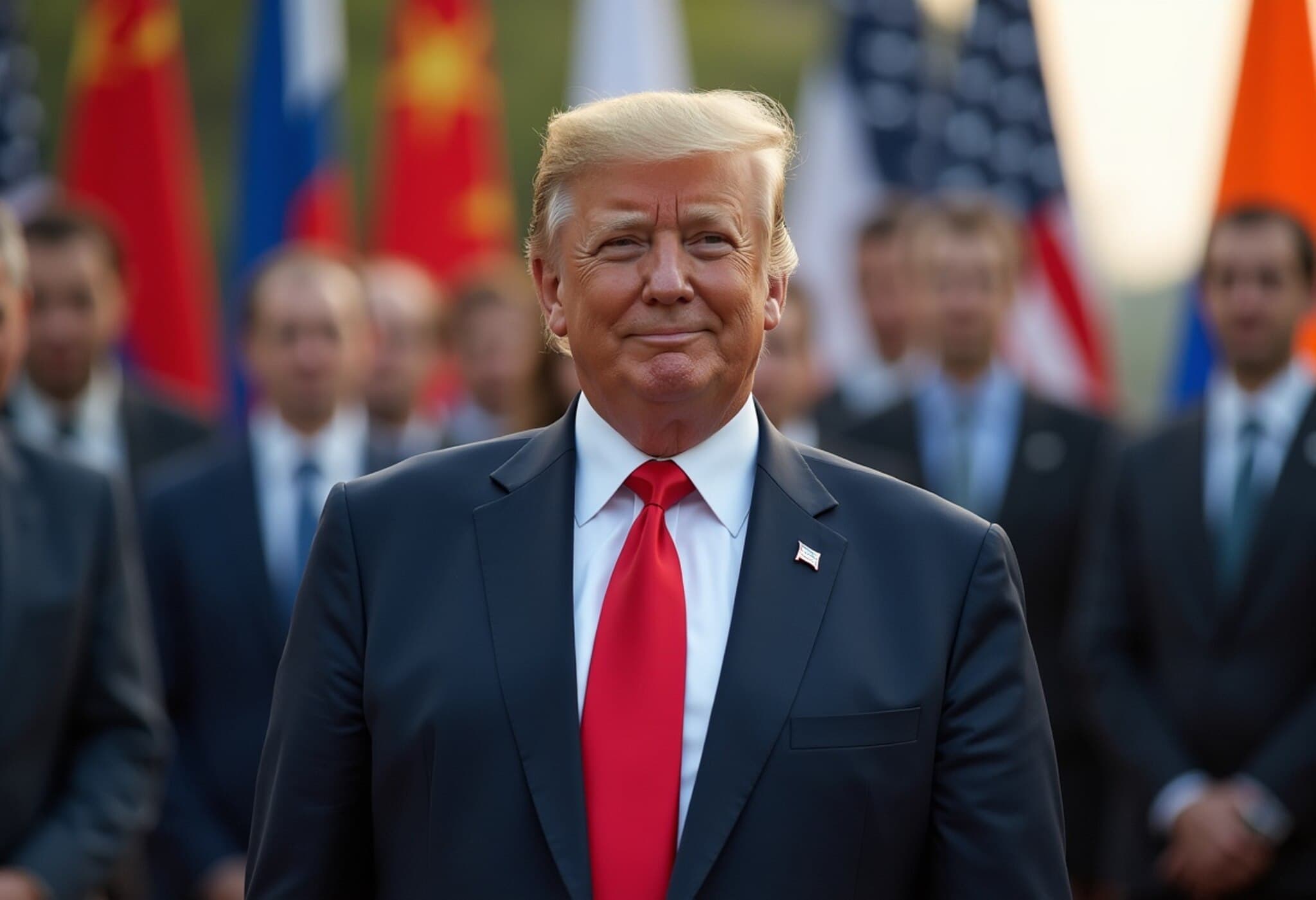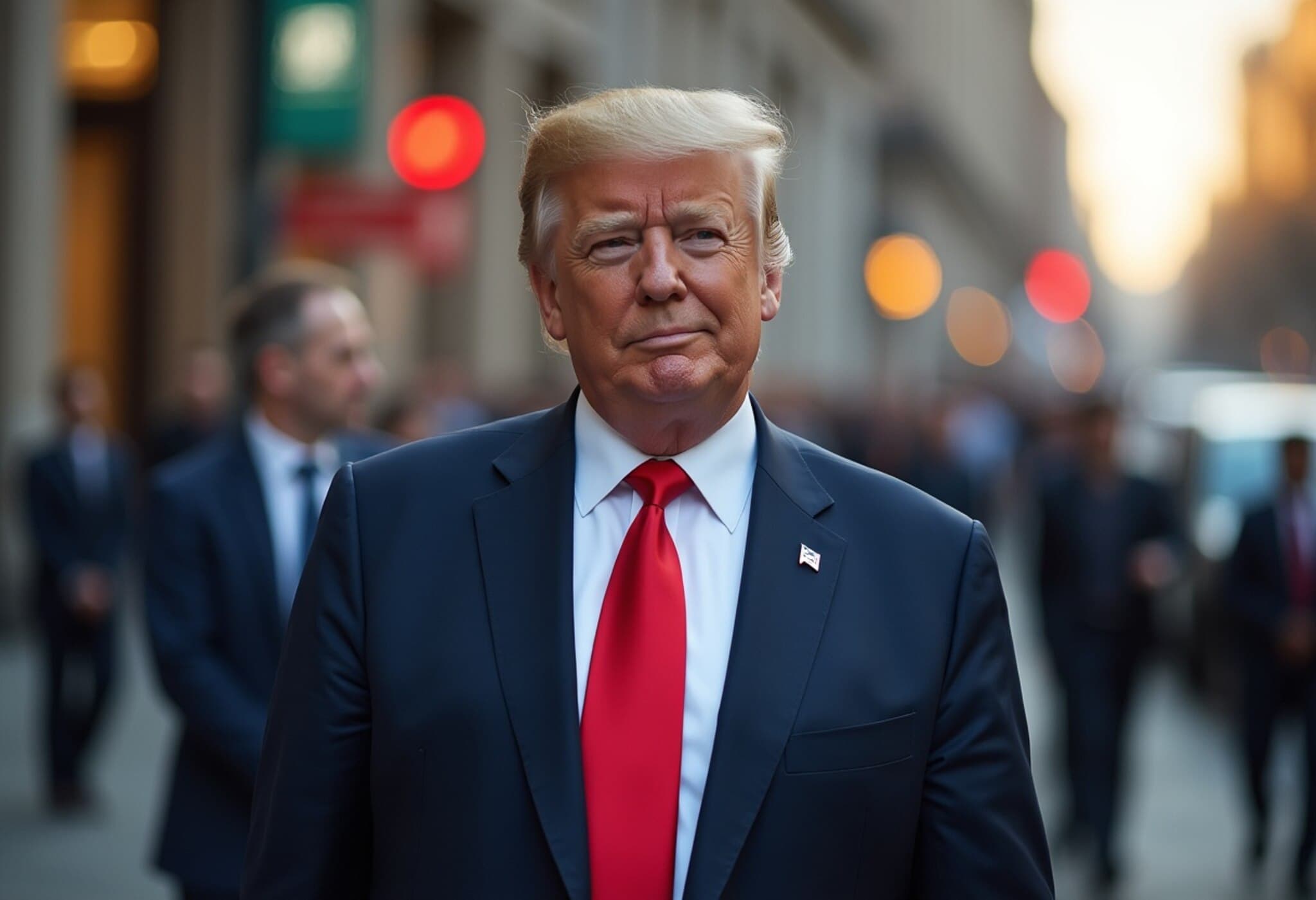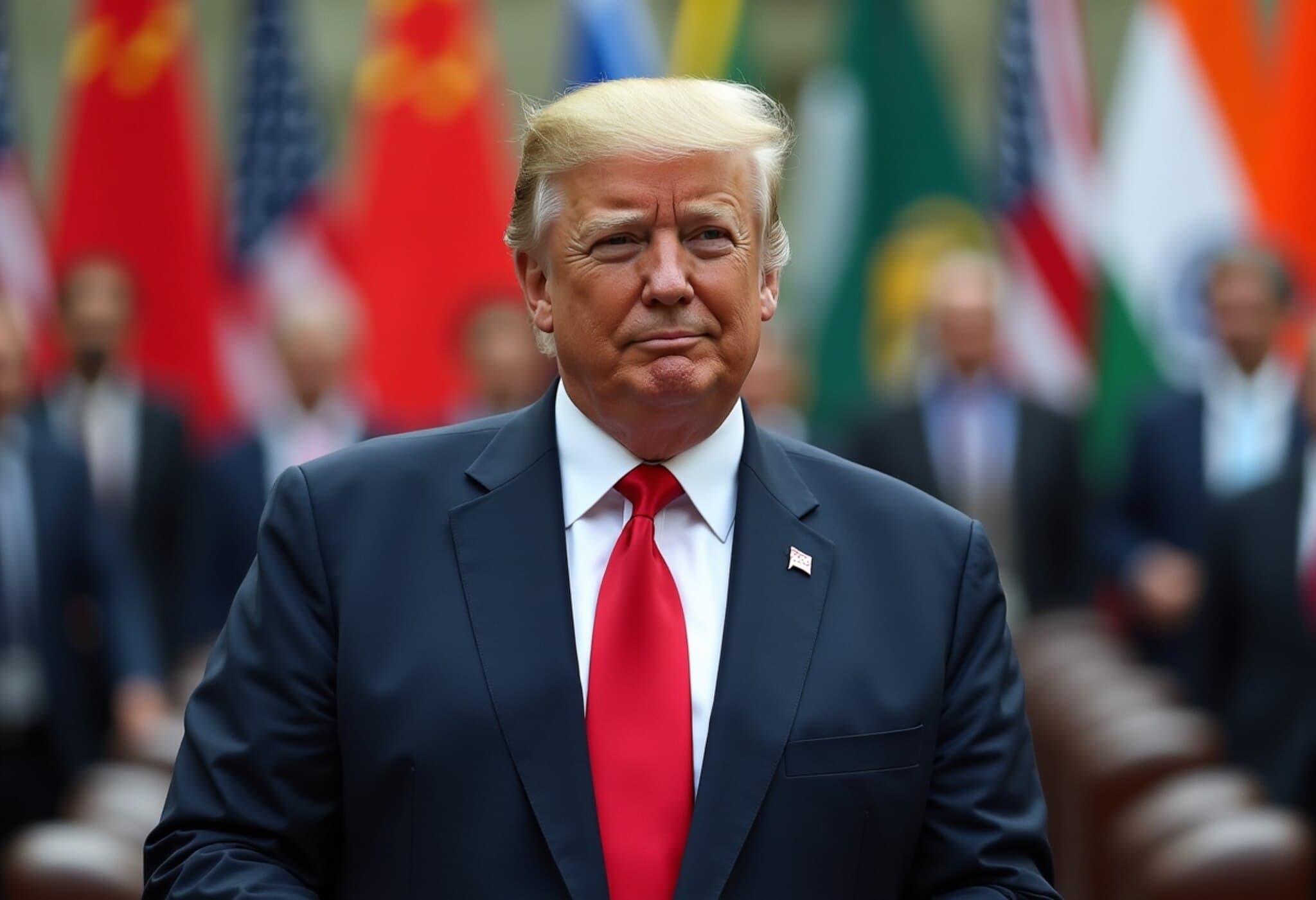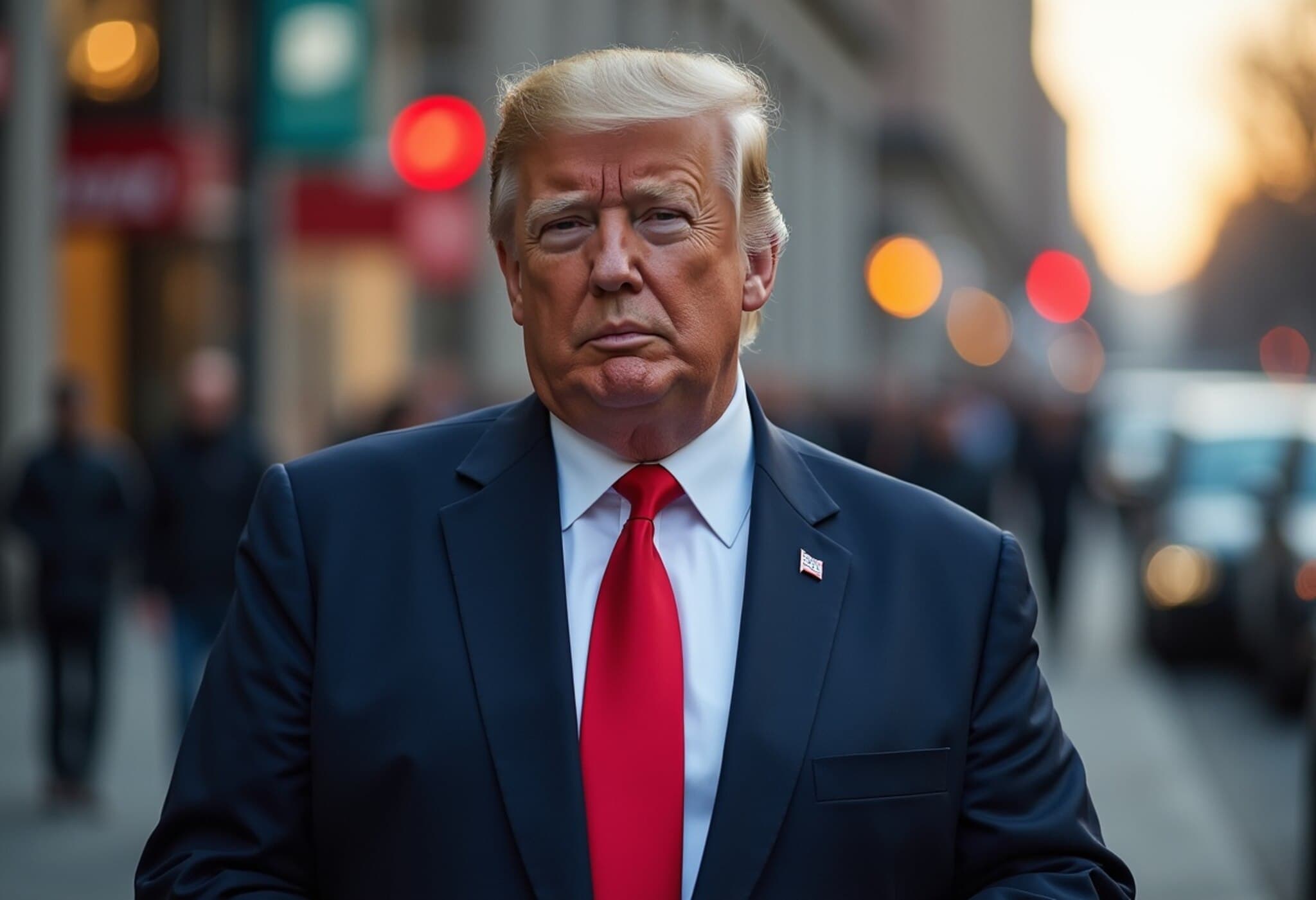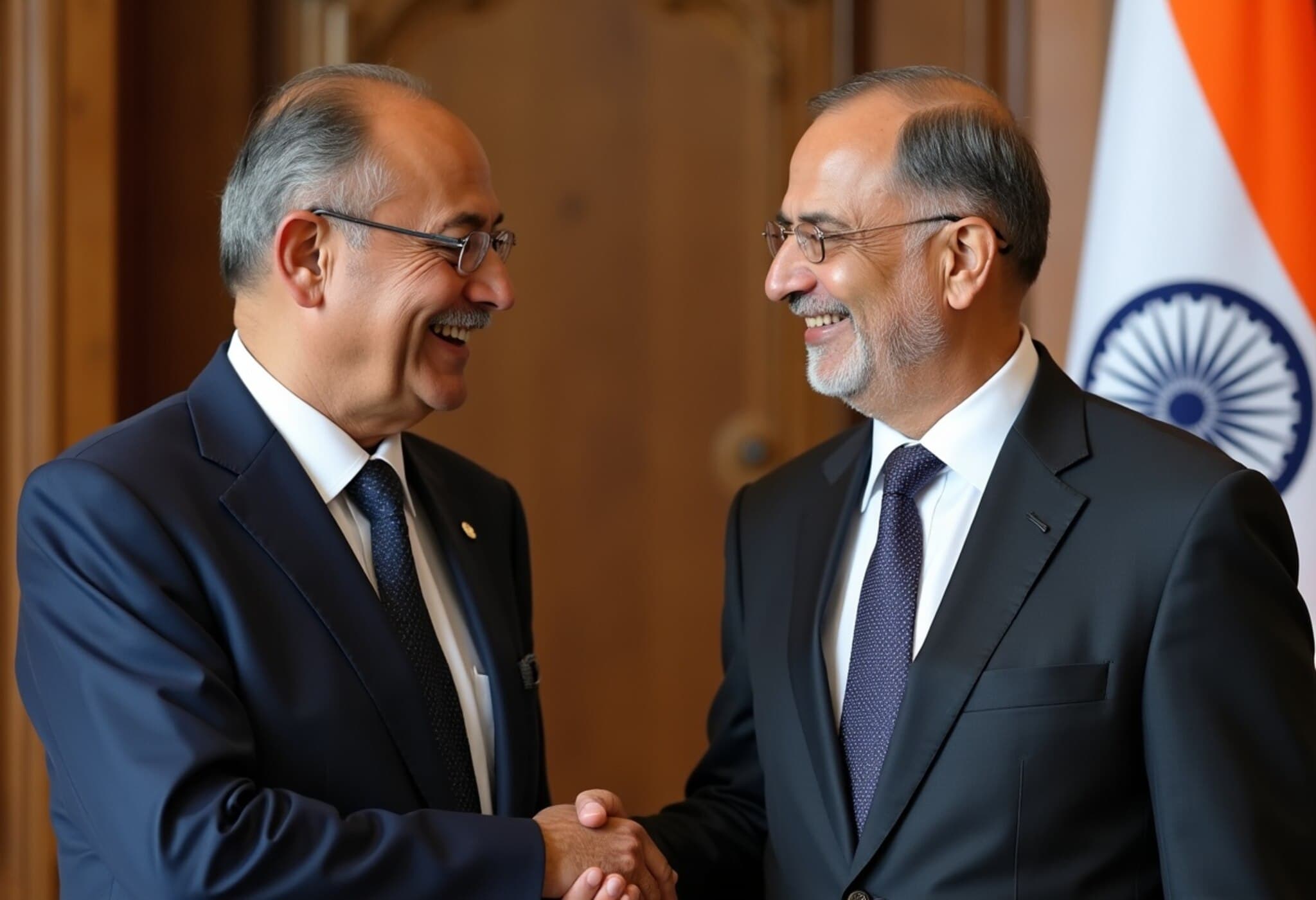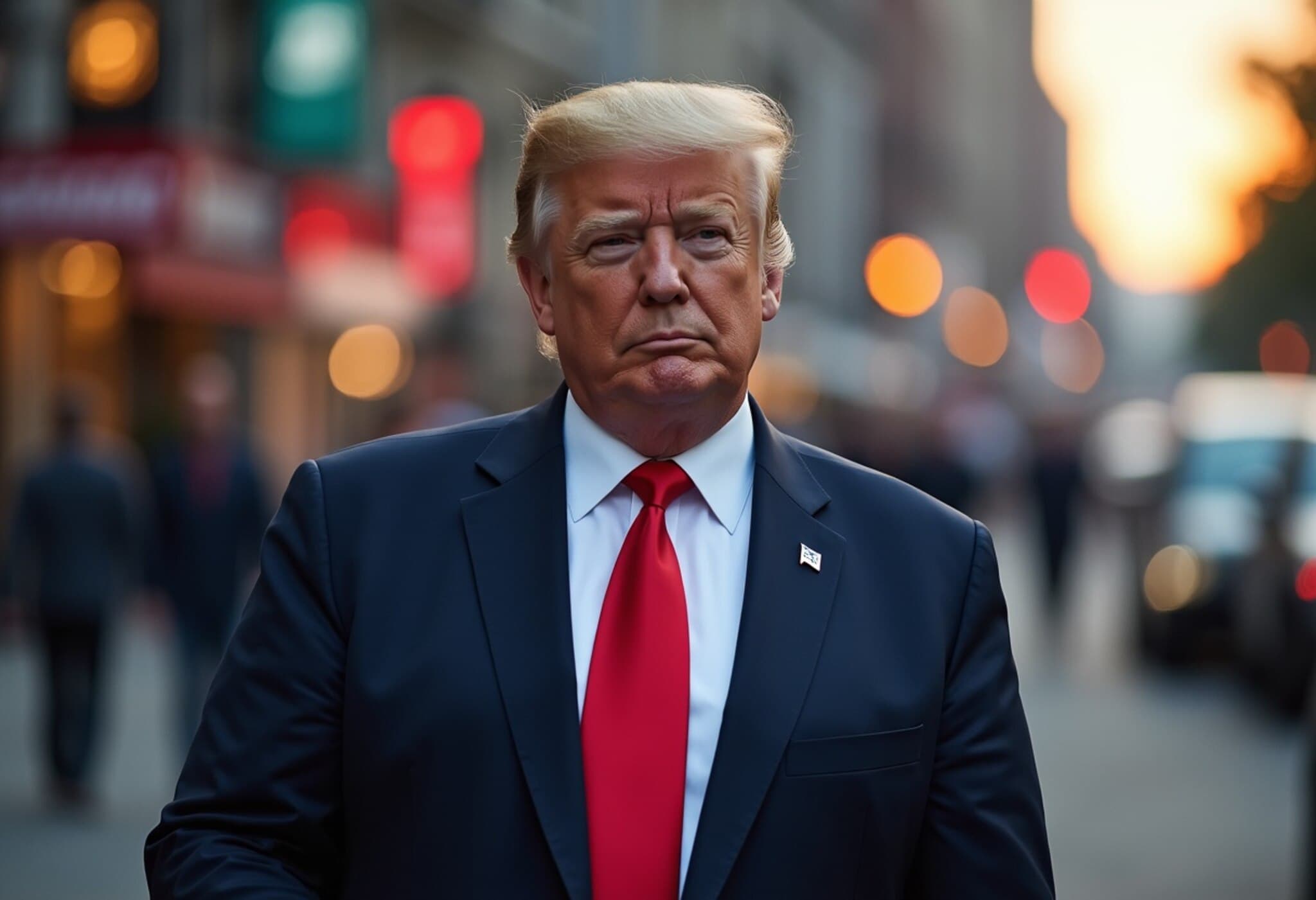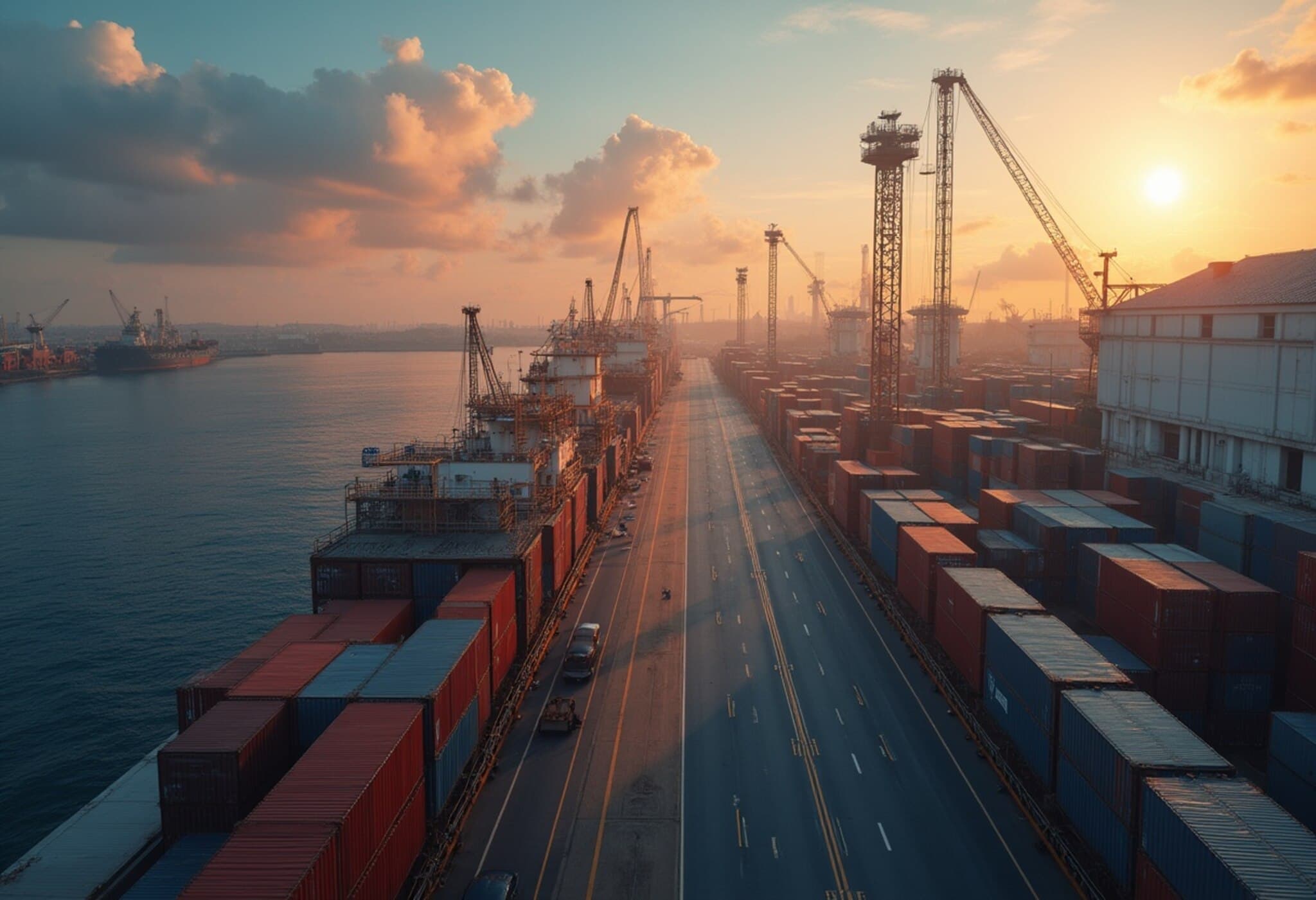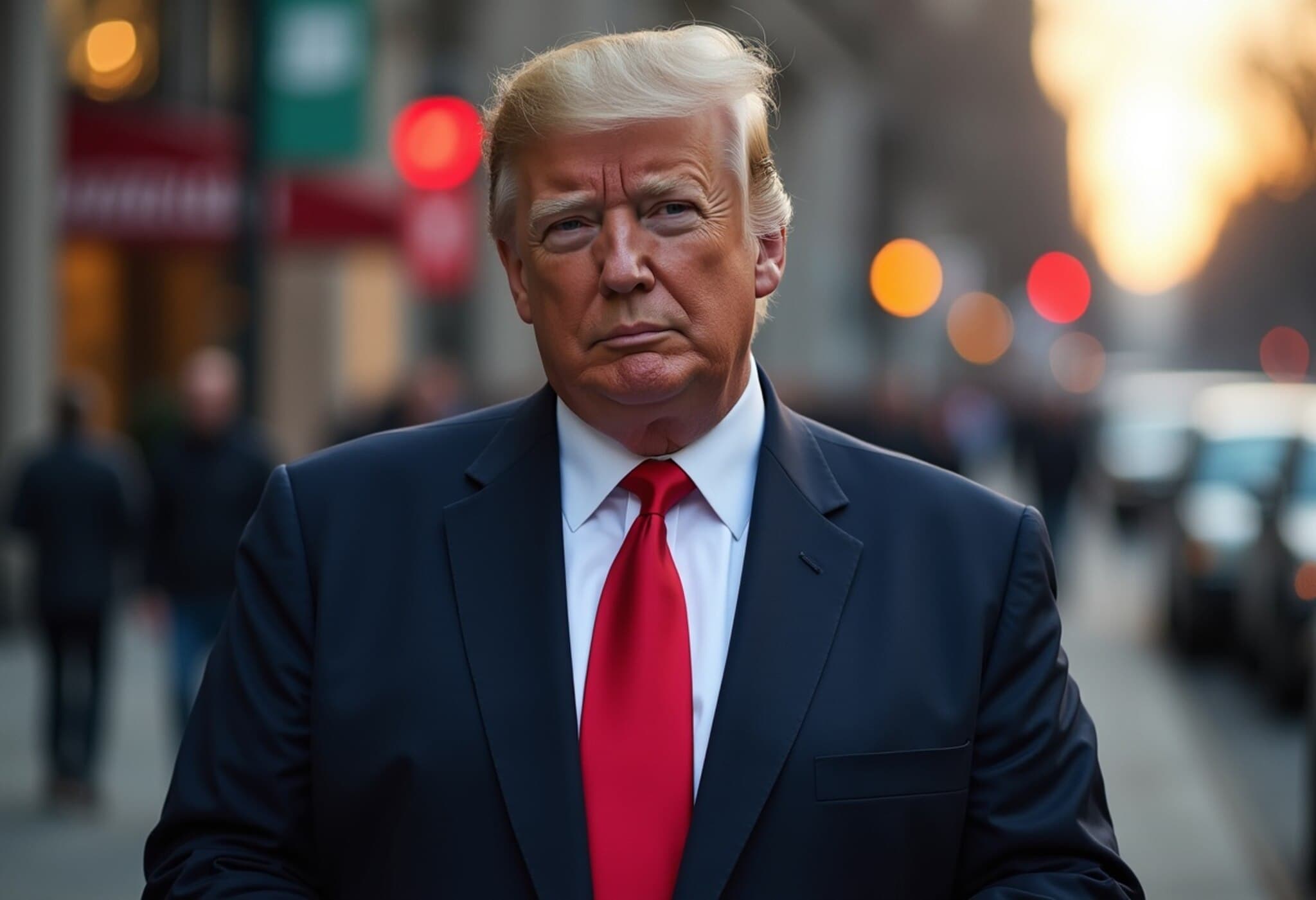Putin and India’s NSA Doval Meet as US Imposes Steep Tariffs on Indian Imports
In a pivotal moment amid rising geopolitical tensions, Russian President Vladimir Putin held talks with India’s National Security Advisor Ajit Doval in Moscow on Thursday. This engagement comes just a day after the United States announced a significant hike in tariffs on Indian goods, aimed at pressuring New Delhi over its continued purchase of Russian oil.
The Background: US Tariffs and Their Strategic Motive
Washington’s move to impose an additional 25% tariff on Indian imports—effective within three weeks—pushes the total US duty on India’s goods to a staggering 50%. This places India among the countries facing the harshest trade restrictions by the US. The tariffs are part of a broader strategy by the Trump administration to curtail Moscow’s economic lifelines by targeting the trade networks of its partners.
India has emerged as one of the largest buyers of Russian oil, which continues to be a crucial revenue source for Russia amid widespread sanctions, especially from Europe and Western allies. The US and its partners have sought to isolate Russia economically following its military invasion of Ukraine in early 2022.
Stalwart Ties: Russia-India Strategic Partnership Endures
The Russia-India relationship is deep-rooted, stretching back to the Soviet era and fortified over decades through economic, defense, and diplomatic cooperation. Russia remains a key arms supplier to India, underscoring the enduring security ties between the two nations.
During Doval’s visit, he also met with Sergey Shoigu, Secretary of the Russian Security Council, where both sides reaffirmed their commitment to a “strategic partnership” focused on bolstering bilateral security cooperation.
- Discussions centered on enhancing the "special and privileged strategic partnership"
- Plans were made for preparations toward a high-profile bilateral summit slated for later this year
- Exchanges covered collaboration in multilateral forums and pressing international security issues
Looking Ahead: Putin’s Expected Visit to India and Kremlin’s Response
Doval indicated that the dates for President Putin’s upcoming visit to India are “almost finalized,” signaling deepening ties amid external pressures.
The Kremlin criticized efforts to compel countries to sever trade relations with Russia, labeling such calls as “illegitimate,” though it refrained from directly naming the US.
India maintains that its oil imports from Russia are a response to disruptions in traditional supplies, which have been redirected to Europe due to the conflict in Ukraine. This nuanced position highlights New Delhi's effort to balance its strategic interests with the geopolitical demands of its Western partners.
Expert Insight: Navigating a Complex Geopolitical Landscape
From an American policy perspective, the tariffs reflect an assertive attempt to leverage economic tools to influence global alliances. Yet, the move may also risk pushing India closer to Russia and even China, complicating Washington’s broader Indo-Pacific strategy.
For India, these developments underscore the challenge of maintaining strategic autonomy while managing economic and diplomatic fallout. The interaction between Doval and Putin at this juncture symbolizes an intent to not only weather international pressures but to deepen cooperation in defense, energy, and multilateral diplomacy.
Editor’s Note
The meeting between President Putin and NSA Ajit Doval is more than a diplomatic handshake—it encapsulates the geopolitical chess game transforming global trade alliances against the backdrop of the Ukraine conflict. As the US intensifies economic pressure on India to curb Russian oil imports, New Delhi’s balancing act highlights the complexities of sovereignty, survival, and strategic partnership in today's fractured world order.
Will escalating tariffs incentivize India to diversify its alliances further away from the West? Or can diplomatic efforts steer this tension toward a recalibrated global partnership that acknowledges both economic realities and geopolitical aspirations? The coming months will be critical in shaping these answers.

